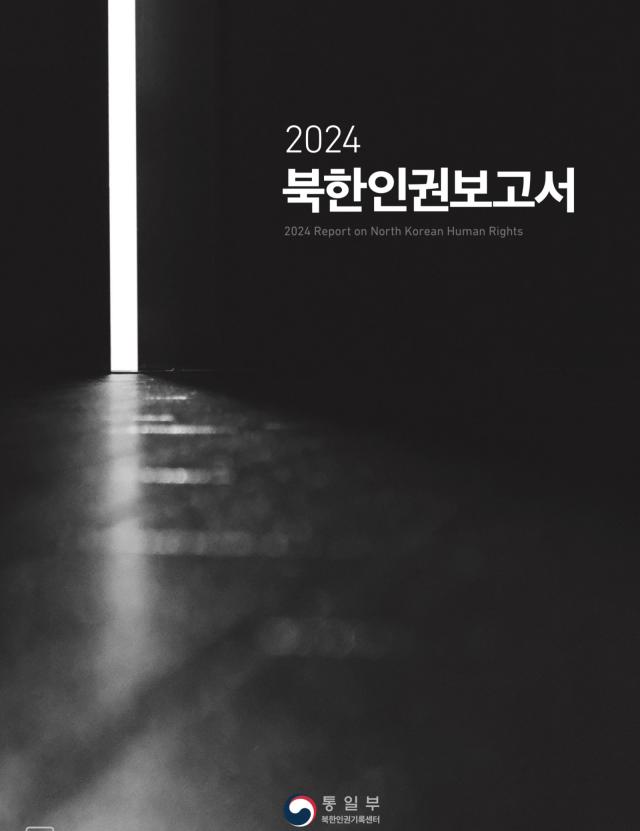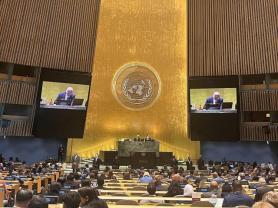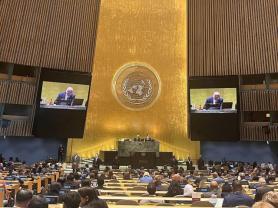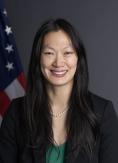
SEOUL, August 29 (AJP) - When South Korea's Ministry of Unification said it would go ahead and compile, but not publicly release its annual report on human rights in North Korea, reversing the previous administration's policy, the move drew criticism from rights advocates and policy experts.
"Refusing to make information public is generally not a desirable decision in a democracy," said Robert King, former U.S. special envoy for North Korean human rights. "Anytime information is withheld for political reasons it is usually counterproductive."
The ministry said this year’s report would be compiled but kept under wraps.
"We continue to conduct surveys on North Korea's human rights situation, and since we have results in hand, it is natural to keep them as internal records," a ministry official said during a press briefing, adding that "The disclosure of the report has had little effect on improving the human rights situation in North Korea."
The decision has not gone down well with rights activists and organizations. It amounted to "dereliction of duty for the sake of appeasement," said Greg Scarlatoiu, executive director of the U.S.-based Committee for Human Rights in North Korea. He cautioned that similar gestures in the past produced little change and warned that limiting disclosure could erode international attention on abuses.
"This would amount to unconditional surrender to the North," he said. "It is an approach that has been tried many times before, an approach that always resulted in failure."
Compiled annually since 2018, the reports rely mainly on testimony from defectors and other evidence.
At the time, the administration of then-President Moon Jae-in (2017~2022) withheld them from the public in line with its engagement policy with Pyongyang. That was reversed by Yoon Suk Yeol's administration which published the report in 2023 for the first time.
The decision to revert to the earlier approach reflects the policy swings that have long defined Seoul’s dealings with Pyongyang. Typically, administrations adopting a firmer stance on North Korea policy highlighted abuses and pushed for disclosure, while those prioritizing dialogue sought to foster engagement with the North.
Since taking office in June, Lee has pursued a conciliatory approach to the North, halting propaganda broadcasts along the border, removing loudspeakers and striking a softer tone in his Liberation Day speech marking the 80th anniversary.
However, critics warn that by setting aside human rights, Seoul risks weakening its leverage in future talks with Pyongyang, as it is refraining from raising human rights issues that the regime considers highly sensitive. At the same time, they argue that failing to address abuses could draw international criticism and undermine South Korea’s credibility on human rights.
In acknowledging the complexity of the issue, King said it was also important to protect defectors who provide testimony for the reports. The small number of North Koreans arriving in the South makes protecting their confidentiality critical, since testimonies often include details about escape routes and could put family members in the North at risk.
"My general inclination is that information should be made public when it can be, but there are certainly valid reasons to protect individuals and those that helped them," King said.
For now, the ministry said it will continue documenting abuses and preserving records for legal and historical purposes. Whether keeping the findings confidential will help foster better relations with Pyongyang or merely undermine efforts to improve human rights remains an open question.
Copyright ⓒ Aju Press All rights reserved.




